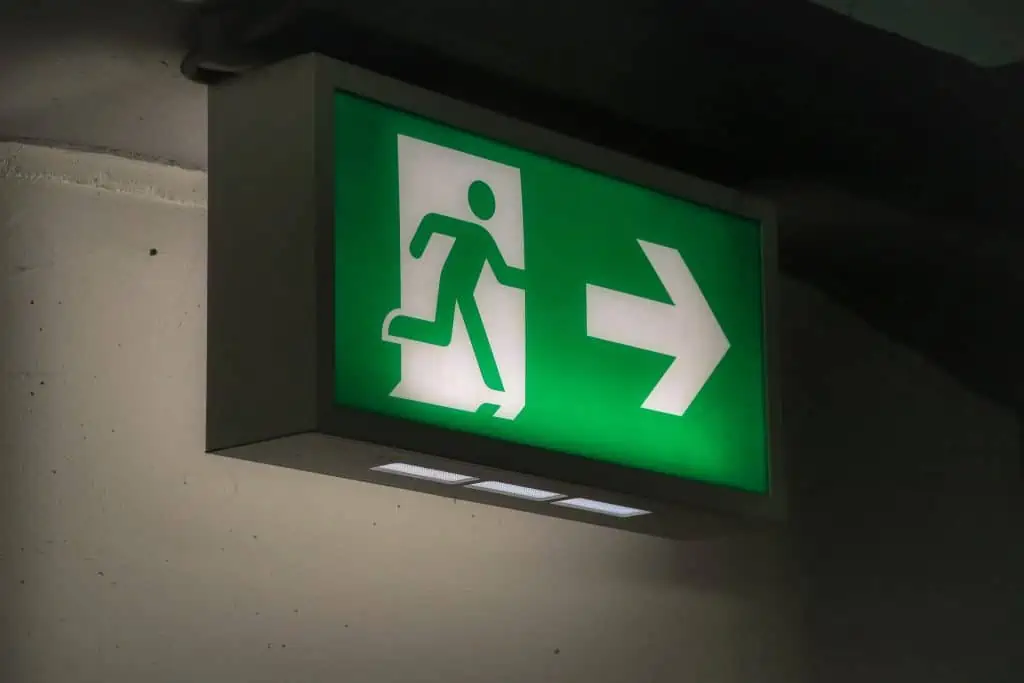Royal Berkshire Fire and Rescue Service is asking residents to keep their escape routes clear and make sure they know how to get out of their homes in an emergency, as part of a month-long campaign, led by the National Fire Chiefs Council (NFCC).
Fires can happen at any time so it’s vitally important to have an emergency escape plan that everyone is familiar with. Blocked exits, locked doors and unfamiliar surroundings can make escape dangerously difficult. Keep exits clear and make sure everyone knows where door keys are stored to make escaping as easy as possible.

Paul Scott, Prevention Manager, said: “If a fire breaks out in your home, you may not have much time to get out. Having a clear route to safety that everyone is familiar with could make all the difference. The best route is the normal way in and out of your home but think of a second route in case the first one is blocked.
“Take a few minutes to practise your escape plan and review the plan if the layout of your home changes.
“Make sure you have working smoke alarms on every floor of your home to give you and everyone in your home as much time as possible to escape. An earlier warning could give you precious extra seconds to evacuate. If a fire does start, get out, stay out and call 999.”
“Having a clear route to safety that everyone is familiar with could make all the difference. The best route is the normal way in and out of your home but think of a second route in case the first one is blocked.“
Paul Scott, Prevention Manager
When it comes to escape, there are some simple steps that, if followed, will give you a better chance of survival in an emergency:
- Think about how you will get out in an emergency. Making and practising an escape plan will help ensure that everyone can get out, stay out and call 999.
- Fit at least one smoke alarm on every level of your home so smoke can reach the alarms quicker, giving you more warning time.
- Test your smoke alarms once a week. Smoke alarms can save your life, but only if they work. Remember to #PressToTest.
- Clear your escape routes. Make sure you’re able to escape without tripping over, to ensure a speedy exit.
- Keep your door and window keys in a known and accessible place. Make sure everyone knows where they are kept, so they can reach them easily and get out quicker in case of an emergency.
If you are caring for others, consider the following:
- How will the person you are caring for get out? Plan an escape route that suits them and think of any difficulties they may have or assistance they may need in getting out.
- Where is the best place to go if they can’t escape the building? This is especially important if they have trouble moving around or can’t get downstairs on their own.
Read more about escape routes by visiting our Safety at Home pages.
